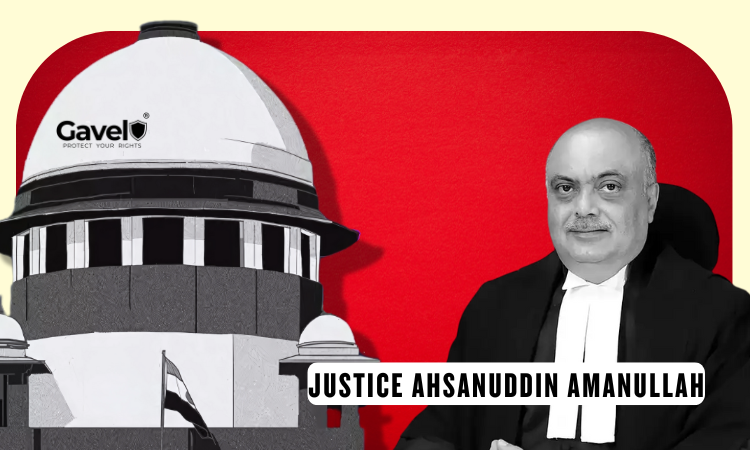In a significant ruling on May 2, 2025, the Supreme Court of India upheld the convictions of three individuals—Shanmugam @ Lakshminarayanan, M. Muruganandam, and S. Amal Raj—for criminal contempt of court. The apex court affirmed the Madras High Court’s decision, which sentenced each appellant to six months of simple imprisonment for their involvement in forging High Court orders to obstruct judicial proceedings.
Background of the Case
The case originated from a 2004 decree by the District Munsiff Court in Tiruchengode, favoring the J.K.K. Rangammal Charitable Trust in a property dispute. When the decree-holder sought to execute the judgment in 2018, the judgment debtors presented what appeared to be interim stay orders from the Madras High Court. Upon verification, these orders were found to be forged documents, created to impede the execution of the court’s decree.
Investigation and Legal Proceedings
Following the discovery of the forgeries, the decree-holder filed complaints with both the High Court and the Superintendent of Police in Namakkal District. An FIR was registered, and the District Crime Branch conducted an investigation, leading to the arrest of the appellants. The investigation revealed that the forged orders were produced with the assistance of a digital center operator, implicating multiple individuals in the conspiracy.
The Madras High Court initiated contempt proceedings under the Contempt of Courts Act, 1971, resulting in the conviction and sentencing of the appellants. The appellants challenged this decision in the Supreme Court, arguing against the validity of their convictions.
Supreme Court’s Rationale
The Supreme Court, in its judgment, emphasized the gravity of the appellants’ actions, stating that forging court orders strikes at the very foundation of the judicial system. The Court noted that such acts not only obstruct the administration of justice but also erode public confidence in the judiciary. By upholding the convictions, the Supreme Court sent a clear message that any attempt to undermine the integrity of the judicial process would be met with stringent consequences.
Implications of the Judgment
This ruling serves as a stern warning against the fabrication of judicial documents and the misuse of legal processes. It reinforces the principle that the sanctity of the judiciary must be preserved and that any contemptuous actions will be dealt with severely. Legal professionals and the public alike are reminded of the paramount importance of maintaining the integrity of the legal system.

